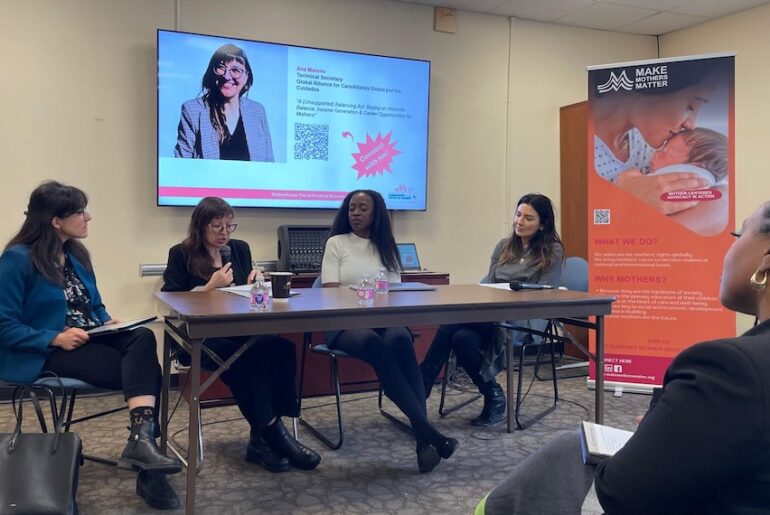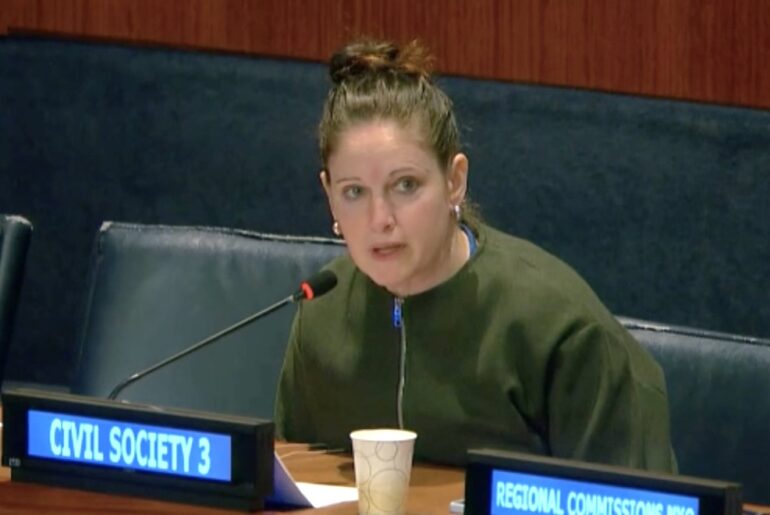test
- Unordered list item one.
- Unordered list item two.
- Unordered list item three.
- Unordered list item four.
- By the way, WordPress does not let you create nested lists through the visual editor.
This is a standard paragraph created using the WordPress TinyMCE text editor. It has a strong tag, an em tag and a strikethrough which is actually just the del element. There are a few more inline elements which are not in the WordPress admin but we should check for incase your users get busy with the copy and paste. These include citations, abbr, bits of code and variables, inline quotations
, inserted text, text that is no longer accurate or something so important you might want to mark it. We can also style subscript and superscript characters like C02, here is our 2nd example. If they are feeling non-semantic they might even use bold, italic, big or small elements too. Incidentally, these HTML4.01 tags have been given new life and semantic meaning in HTML5, you may be interested in reading this article by Harry Roberts which gives a nice excuse to test a link. It is also worth noting in the « kitchen sink » view you can also add underline styling and set text color with pesky inline CSS.
Additionally, WordPress also sets text alignment with inline styles, like this left aligned paragraph. Aenean eu leo quam. Pellentesque ornare sem lacinia quam venenatis vestibulum. Cras mattis consectetur purus sit amet fermentum.
This is a right aligned paragraph. Aenean eu leo quam. Pellentesque ornare sem lacinia quam venenatis vestibulum. Cras mattis consectetur purus sit amet fermentum.
This is a justified paragraph. Aenean eu leo quam. Pellentesque ornare sem lacinia quam venenatis vestibulum. Cras mattis consectetur purus sit amet fermentum.
Finally, you also have the option of an indented paragraph. Aenean eu leo quam. Pellentesque ornare sem lacinia quam venenatis vestibulum. Cras mattis consectetur purus sit amet fermentum.
And last, and by no means least, users can also apply the Address tag to text like this:
Testville,
West Madeupsburg,
CSSland,
1234
…so there you have it, all our text elements
This is a standard paragraph created using the WordPress TinyMCE text editor. It has a strong tag, an em tag and a strikethrough which is actually just the del element. There are a few more inline elements which are not in the WordPress admin but we should check for incase your users get busy with the copy and paste. These include citations, abbr, bits of code and variables, inline quotations
, inserted text, text that is no longer accurate or something so important you might want to mark it. We can also style subscript and superscript characters like C02, here is our 2nd example. If they are feeling non-semantic they might even use bold, italic, big or small elements too. Incidentally, these HTML4.01 tags have been given new life and semantic meaning in HTML5, you may be interested in reading this article by Harry Roberts which gives a nice excuse to test a link. It is also worth noting in the « kitchen sink » view you can also add underline styling and set text color with pesky inline CSS.
Additionally, WordPress also sets text alignment with inline styles, like this left aligned paragraph. Aenean eu leo quam. Pellentesque ornare sem lacinia quam venenatis vestibulum. Cras mattis consectetur purus sit amet fermentum.
This is a right aligned paragraph. Aenean eu leo quam. Pellentesque ornare sem lacinia quam venenatis vestibulum. Cras mattis consectetur purus sit amet fermentum.
This is a justified paragraph. Aenean eu leo quam. Pellentesque ornare sem lacinia quam venenatis vestibulum. Cras mattis consectetur purus sit amet fermentum.
Finally, you also have the option of an indented paragraph. Aenean eu leo quam. Pellentesque ornare sem lacinia quam venenatis vestibulum. Cras mattis consectetur purus sit amet fermentum.
And last, and by no means least, users can also apply the Address tag to text like this:
Testville,
West Madeupsburg,
CSSland,
1234
…so there you have it, all our text elements
- Unordered list item one.
- Unordered list item two.
- Unordered list item three.
- Unordered list item four.
- By the way, WordPress does not let you create nested lists through the visual editor.
Currently WordPress blockquotes are just wrapped in blockquote tags and have no clear way for the user to define a source. Maybe one day they’ll be more semantic (and easier to style) like the version below.
HTML5 comes to our rescue with the footer element, allowing us to add semantically separate information about the quote.
Currently WordPress blockquotes are just wrapped in blockquote tags and have no clear way for the user to define a source. Maybe one day they’ll be more semantic (and easier to style) like the version below.





